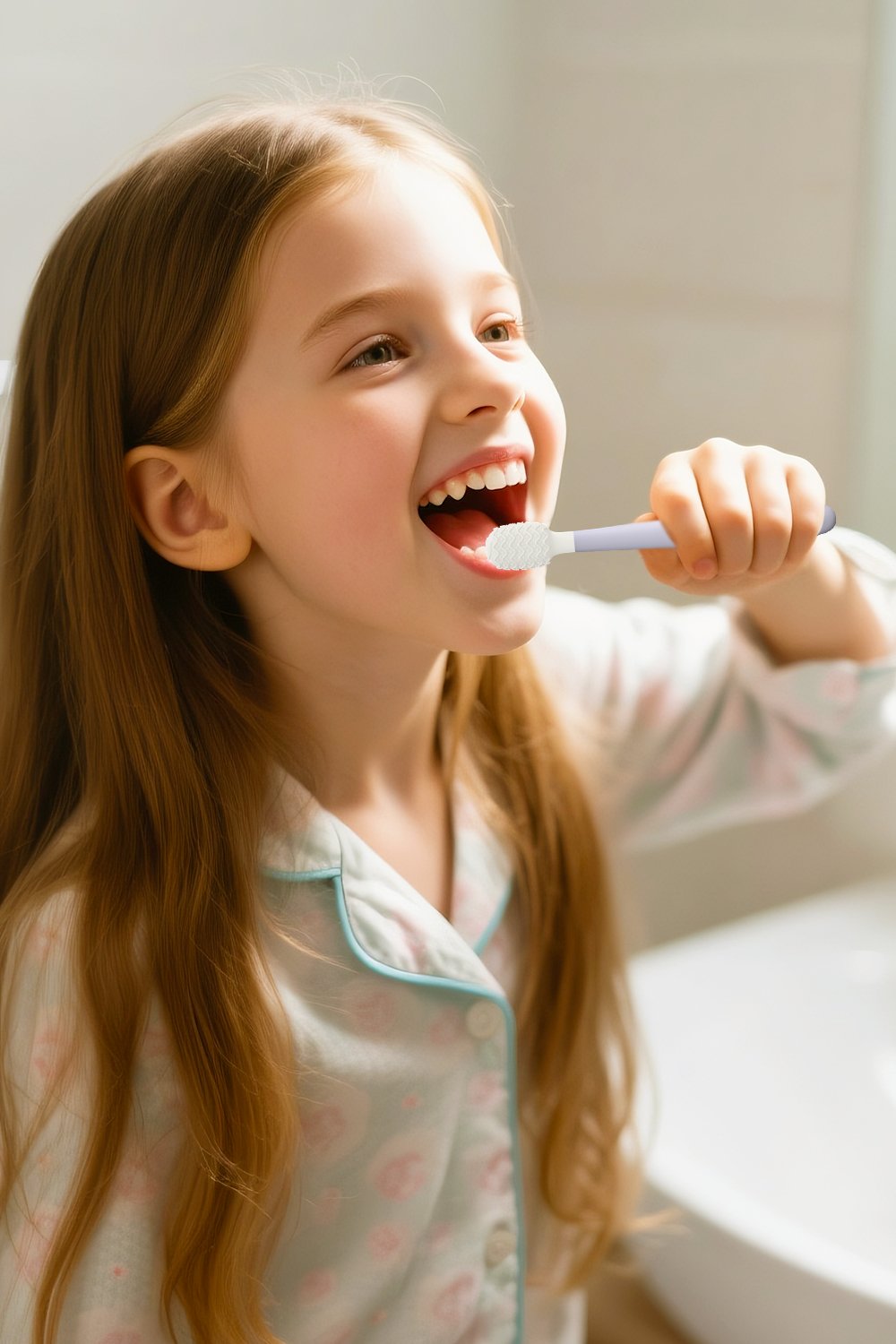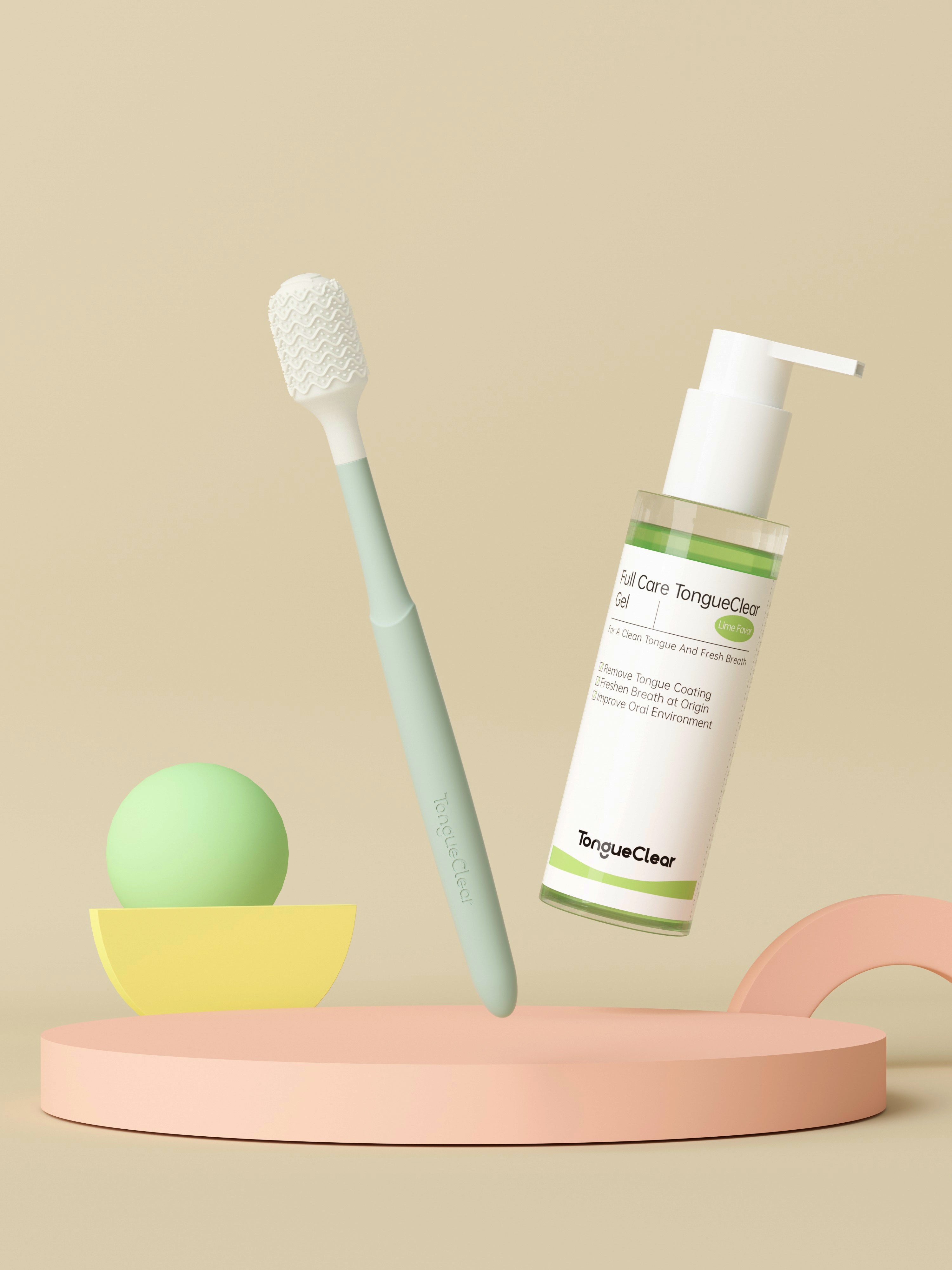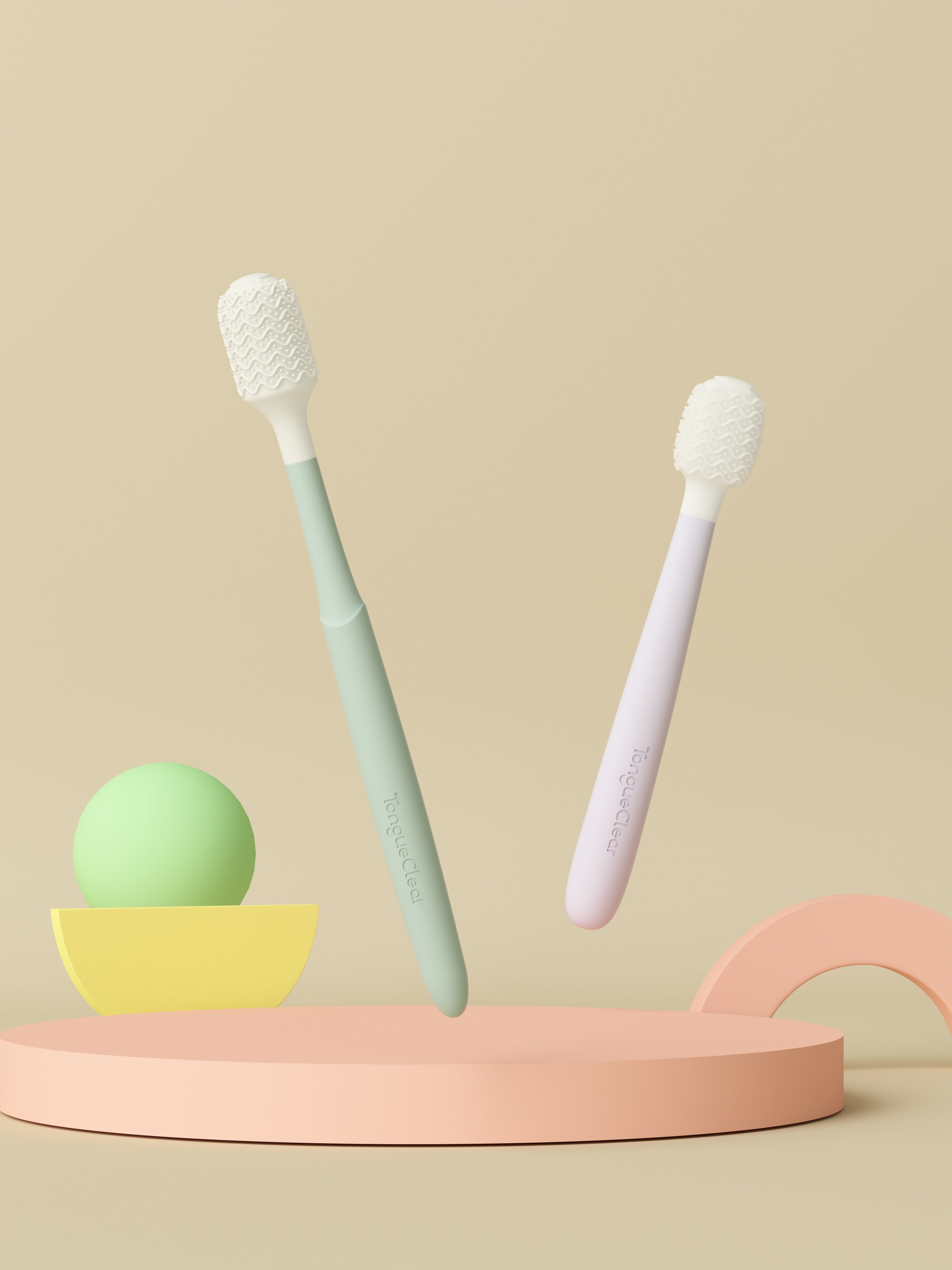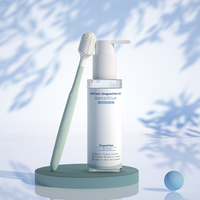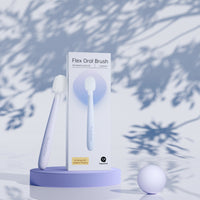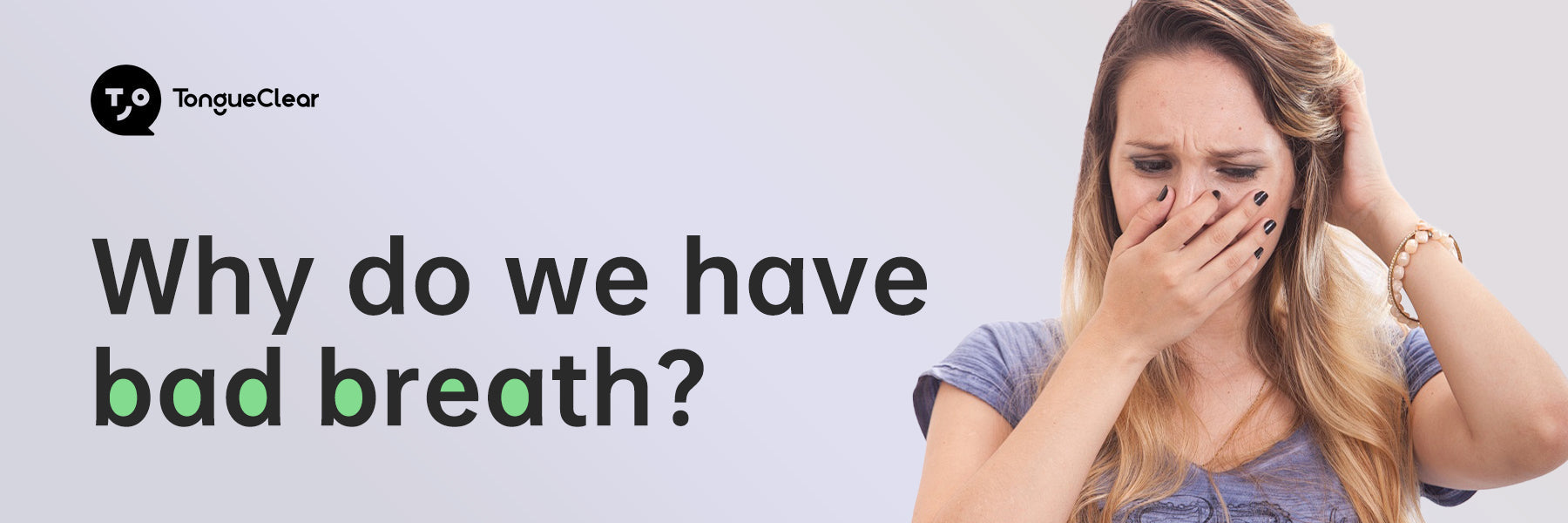
Why do we have bad breath?
Bad breath is a pungent odor in the mouth. It is a common oral disease. It is more common in the elderly, and the frequency of the disease increases with age. However, in recent years, due to the diversification of diets and improper eating habits, the problem of bad breath has begun to occur at a younger and younger age. Its appearance has made more and more young people very passive in social activities, and even affected their normal life in severe cases. If you feel that you have bad breath, please do not be too nervous. First, test yourself to determine whether you really have bad breath and find out the cause, seek medical treatment in time, and carry out targeted treatment or conditioning. Long-term persistence can help you relieve or get rid of the problem of bad breath.
Halitosis is a common oral problem, and there are many types of halitosis. Based on the causes and characteristics of halitosis, it can be divided into physiological halitosis, pathological halitosis, oral halitosis and non-oral halitosis.
Physiological halitosis: This type of halitosis is generally caused by short-term physiological changes or behavioral habits, such as morning halitosis (due to reduced saliva secretion at night and increased oral bacteria, which leads to the accumulation of volatile sulfides). Hunger halitosis (long-term fasting will reduce saliva secretion and increase oral bacterial activity, resulting in odor) and food-induced halitosis (eating foods with strong odors such as onions, garlic, alcohol, coffee, or high-protein foods in the diet are decomposed by oral bacteria, which can cause short-term halitosis). All of the above halitosis can be removed and avoided through oral cleaning.
Pathological halitosis: This type of halitosis is mostly caused by physical diseases or oral problems. For example, dental caries, gingivitis, periodontitis, oral ulcers, etc. are all caused by the failure to remove oral bacteria in time, and long-term accumulation causes oral verification and complications. In addition, if there is a disease in the stomach, there may also be bad breath, such as gastritis, gastric ulcers, gastroesophageal reflux and other problems, which will cause the contents of the stomach to flow back into the esophagus and mouth, producing an unpleasant odor. If these bad breath are caused by oral bacteria, we can get rid of the bad breath by removing the oral bacteria, and the breath will be greatly relieved. However, we cannot completely solve the bad breath of the stomach through oral cleaning, and we need to seek medical attention in time.
Oral Origin halitosis: The most common cause of halitosis. 90% of halitosis is oral origin halitosis. This type of halitosis is mainly caused by the metabolism of volatile sulfides (such as hydrogen sulfide and methyl mercaptan) by bacteria in the mouth. The source may be the tongue coating, the gums and periodontal tissues, or food residues. This type of halitosis is caused by inadequate oral hygiene. If the tongue coating is not cleaned for a long time, the bacteria on the surface of the tongue coating will multiply in large numbers, resulting in tongue coating hyperplasia. At the same time, the gums and periodontal tissues are not cleaned in time, causing the growth and accumulation of dental plaque. These bacteria will produce an unpleasant odor under the action of food, and in severe cases, they will cause oral diseases.
Non-oral origin halitosis: This type of halitosis is mainly caused by respiratory, digestive and systemic diseases. Possible sources include nasal and respiratory diseases, respiratory infections and gastrointestinal problems. This type of halitosis cannot be completely solved by oral cleaning. If you have similar problems, please seek medical attention in time. To be precise, except for non-oral origin halitosis, other types (that is, most halitosis) can be attributed to poor oral hygiene and bacteria.
Bad breath is not scary. What is scary is that you don’t know what causes your bad breath, and you can’t intervene and prevent it directly. The first step to treat and prevent bad breath is to first determine whether you really have bad breath, then determine what type of bad breath you have, understand its cause, and finally carry out targeted prevention and treatment, say goodbye to bad breath as soon as possible, and get rid of the trouble.
Share


